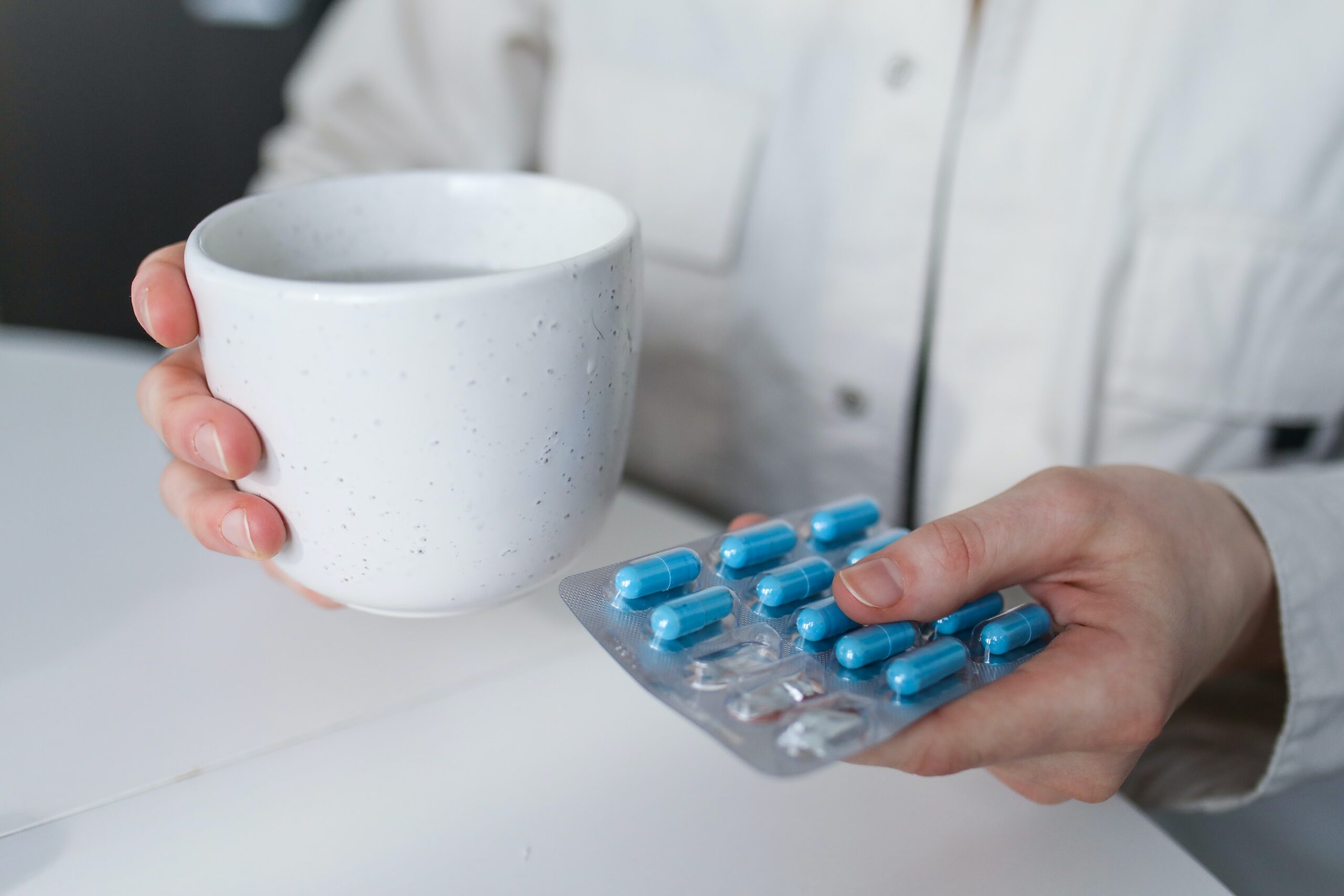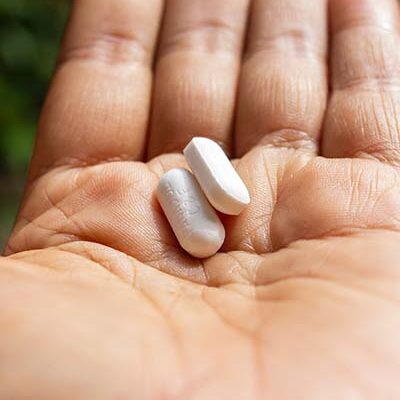
What are common symptoms of Zoloft withdrawal, and how to cope?

If you are planning to stop taking Zoloft, an antidepressant medication, it’s important to be aware of the potential withdrawal symptoms that may arise. Many people don’t realize that abruptly stopping any antidepressant medication can lead to uncomfortable and even serious side effects.
In this blog post, we will explore the common symptoms of Zoloft withdrawal, how long they last, and most importantly, how to cope. Read on to learn more.
Table of Contents:
What is Zoloft withdrawal?
Zoloft, also known as sertraline, is an antidepressant commonly prescribed to treat depression, anxiety, obsessive-compulsive disorder (OCD), and post-traumatic stress disorder (PTSD). It is a selective serotonin reuptake inhibitor (SSRI) that works by increasing the amount of serotonin in the brain to balance mood.
Zoloft dependence occurs when a person becomes dependent on the effects of the medication. This can happen if the drug is taken too frequently, too long, or at a dose that is too high. If the person taking the medication suddenly stops or reduces their dosage too quickly, they may experience withdrawal symptoms as the body tries to adjust to the new balance of chemicals.
This abrupt change in serotonin levels can result in a range of physical and psychological symptoms, which we will discuss further below. More serious effects, such as seizures, can occur in some cases.

For this reason, it is important to talk to a doctor before stopping or changing the dosage of Zoloft.
What are common symptoms of Zoloft withdrawal?
When a person suddenly stops taking Zoloft, they may experience withdrawal symptoms. The severity of these symptoms varies from person to person and can last anywhere from a few days to several weeks. In some cases, people may also experience rebound symptoms, which are similar to withdrawal symptoms but generally do not last as long.
Common withdrawal symptoms of Zoloft include:
- Nausea
- Headache
- Insomnia
- Dizziness
- Vivid dreams
- Fatigue
- Irritability
- Emotional instability
Since everyone reacts differently to the discontinuation of Zoloft, it is recommended that anyone who is considering stopping their Zoloft treatment should consult with a doctor to ensure that the process is done safely and that any withdrawal symptoms can be managed effectively.
Why should you consider professional rehab for Zoloft dependence?
With professional care, withdrawal symptoms can be managed more effectively, and the person can have a more successful experience during recovery. Professional healthcare providers such as doctors, psychologists, and psychiatrists can assist in adjusting medications if necessary and provide helpful advice on coping techniques for managing uncomfortable symptoms. Other therapeutic approaches, such as cognitive-behavioral therapy, mindfulness-based therapy, or talk therapy, may help reduce withdrawal symptoms by helping individuals identify negative thought patterns and develop healthier coping skills.

Ultimately, seeking professional help is essential if you or someone you know experiences severe or persistent withdrawal symptoms after discontinuing Zoloft or any other antidepressant medication.
How to cope with Zoloft withdrawal
The most effective way to cope with Zoloft withdrawal is to taper off the medication gradually. This helps your body adjust to the reduced dosage over time and can minimize or even eliminate the uncomfortable symptoms of withdrawal. It’s important to discuss any changes to your dose with a licensed and trained healthcare professional, as they will be able to help you decide on the best course of action and provide guidance throughout the process.
In addition to tapering off Zoloft, lifestyle changes can also help reduce withdrawal symptoms. Exercise and diet can be important factors in maintaining mental health, and adequate sleep is essential for managing stress. Additionally, maintaining social connections and engaging in activities that bring you joy can help make the transition from Zoloft easier.
It’s important to remember that although these coping strategies may provide temporary relief from withdrawal symptoms, they should not replace professional guidance from a qualified healthcare provider. If you’re experiencing severe or persistent symptoms of Zoloft withdrawal, seeking medical attention is important to ensure you get the help you need.
In order to manage these withdrawal symptoms effectively, medications like antidepressants or benzodiazepines may be prescribed by a doctor. These medications can help relieve anxiety or depression while your body adjusts to no longer taking Zoloft.
Other treatments, such as cognitive behavioral therapy (CBT), can also be helpful during this process. CBT focuses on changing negative thought patterns and behaviors and can help individuals regain control over their lives after coming off antidepressants like Zoloft. Finally, support groups can be beneficial for those who have recently gone through Zoloft withdrawal.
Final Thoughts
There are many options and help for those experiencing Zoloft withdrawal. It is critical to seek the help of a licensed and trained medical professional for any withdrawal symptoms that arise. Mobile healthcare professionals can make getting help more accessible. Above all else, it is important to remember that it is never too late to get the help and support you need when dealing with Zoloft withdrawal.
Treatment may be needed to effectively manage the symptoms, which may include therapy, medications, or lifestyle changes. With proper treatment, individuals can begin to feel relief from the disorienting effects of Zoloft withdrawal. Generally speaking, withdrawal symptoms can last anywhere from several days to several weeks. During this time, some people experience intense anxiety, agitation, headaches, dizziness, insomnia, irritability, and/or suicidal thoughts. Severe cases of withdrawal may also cause seizures and confusion. It is important to keep in mind that these symptoms vary greatly depending on individual circumstances.
Detox Safely At Home With Elite Home Detox
With Elite Home Detox, you will be assigned a care coordinator to help keep you on-track to support your recovery. Once a custom rehabilitation plan has been developed between you and your expert team, one of our team members will come to your home and stay with you as you detox discreetly in the comfort of your own home.
Once detox is complete, we will work with you to create a practical and effective aftercare plan complete with ongoing recovery support. We can also help counsel friends and family on how they can best support you in taking this next step. We’re here and ready to help. Reach out to us for a custom consultation today!


